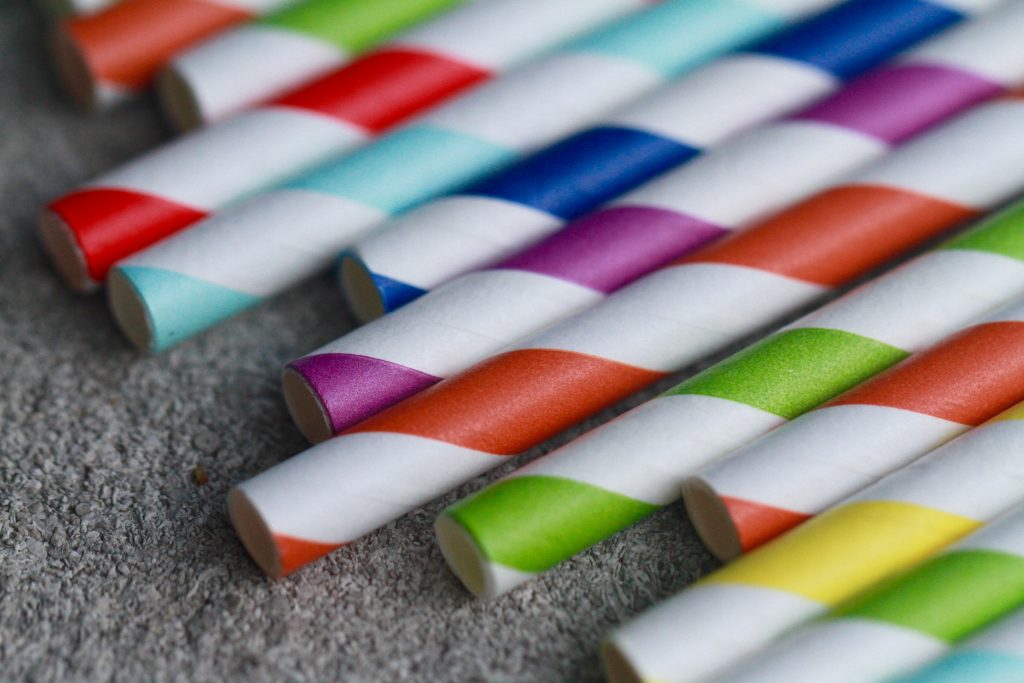We say that sustainability is about more than the environment; it is also about the people living in it. This blog series is highlighting a few ways in which our conversations around sustainability aren’t always taking the big picture into account.
Part 2: Sustainability and Disability
Just like sustainability, the word ‘disability’ is an umbrella term – it means different things to different people. There is an infinite variety of people within the disabled community, and everyone’s needs and lives are different. If you are disabled, you most likely already know this – but if you’re not, it can be difficult to be aware of other people’s differing needs, and this is often reflected in the conversations we have about sustainability.
As our intro says, sustainability is about more than the environment. For this post, however, we are going to focus specifically on environmental sustainability and the way our conversations around it are often excluding disabled people’s voices. A key example of this is the plastic straw debate. You may be aware of the media coverage on the issue, of how the ban on plastic straws is supposed to be a small sacrifice of a luxury item or a way to motivate people to use more eco-friendly alternatives. But are you as aware of what the ban means to disabled people?

The straw debate is a good example of how sustainability conversations work; it is based on the assumption that our ‘wants’ or luxury items/services could not possible be ‘needs’ or necessary medical equipment/support for other people. Pushing back against that assumption will result in being asked to justify yourself (again), being accused of hating the environment or lying (especially when dealing with an invisible disability), or being harassed and threatened. Pushing back against that assumption means making yourself a target. In other words, if you are disabled, you have very good reasons to avoid being part of wider sustainability conversations.
True, a lot of disabled people don’t need one-use straws, but this conversation isn’t really about the straws. Or the online shopping. Or the pre-cut fruit. Or the public transport/availability of taxis. Or the sustainability events taking place in inaccessible venues. Or the protests that don’t include any quiet areas, or follow routes that are not wheelchair accessible. Or…
This post isn’t about any individual aspect that alienates disabled people. This post is about how we cannot have a conversation around sustainability without getting everyone to the table. It’s about how it is not on disabled people – or any other marginalized group – to fight their way into debates every single day just to be judged and/or ignored, when we could so easily invite them in and listen.
We all have different needs and priorities in our lives; our needs will change as we grow older, or have children, or simply change.
Sustainability is also about people. Let’s build our conversations around them.
Part 1: Hope for the Future: the event that started a conversation
Links:
“The climate revolution must be accessible – this fight belongs to disabled people too”, Hanna Dines, The Guardian
“Banning straws might be a win for environmentalists. But it ignores us disabled people”, S. E. Smith, Vox
“Plastic straw bans hurt kids and adults with disabilities, advocates say”, Today.com
